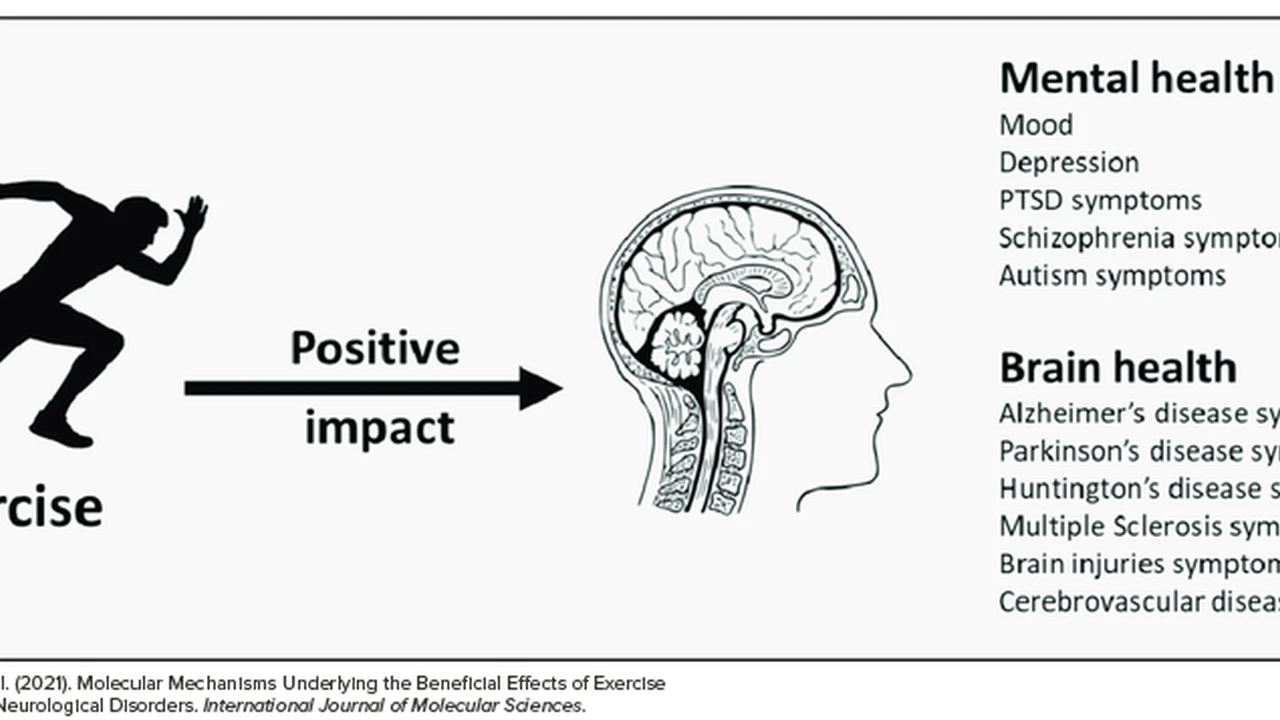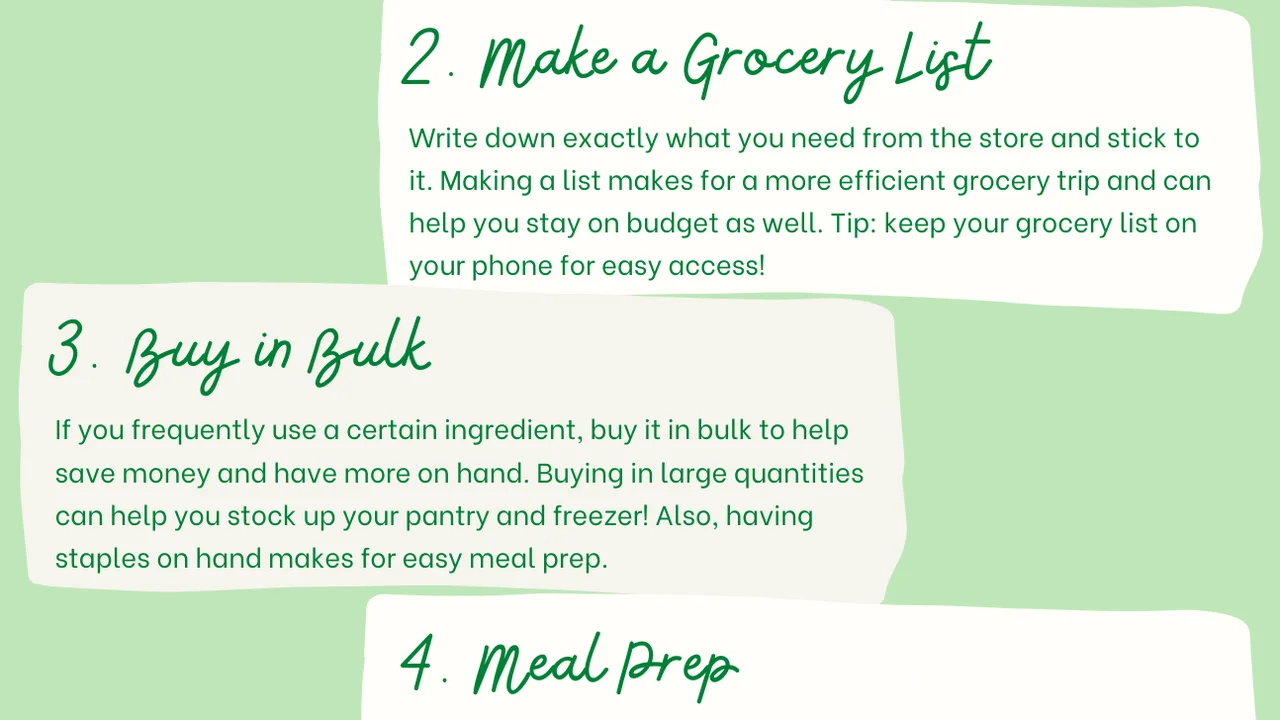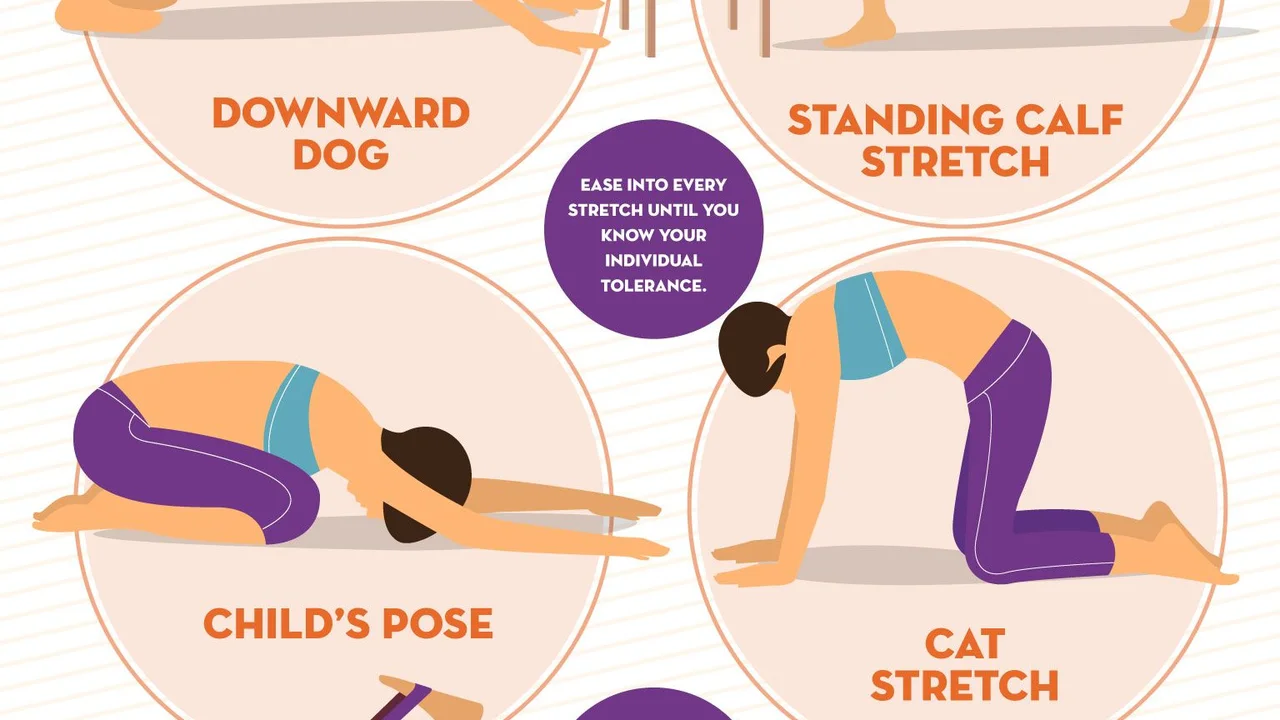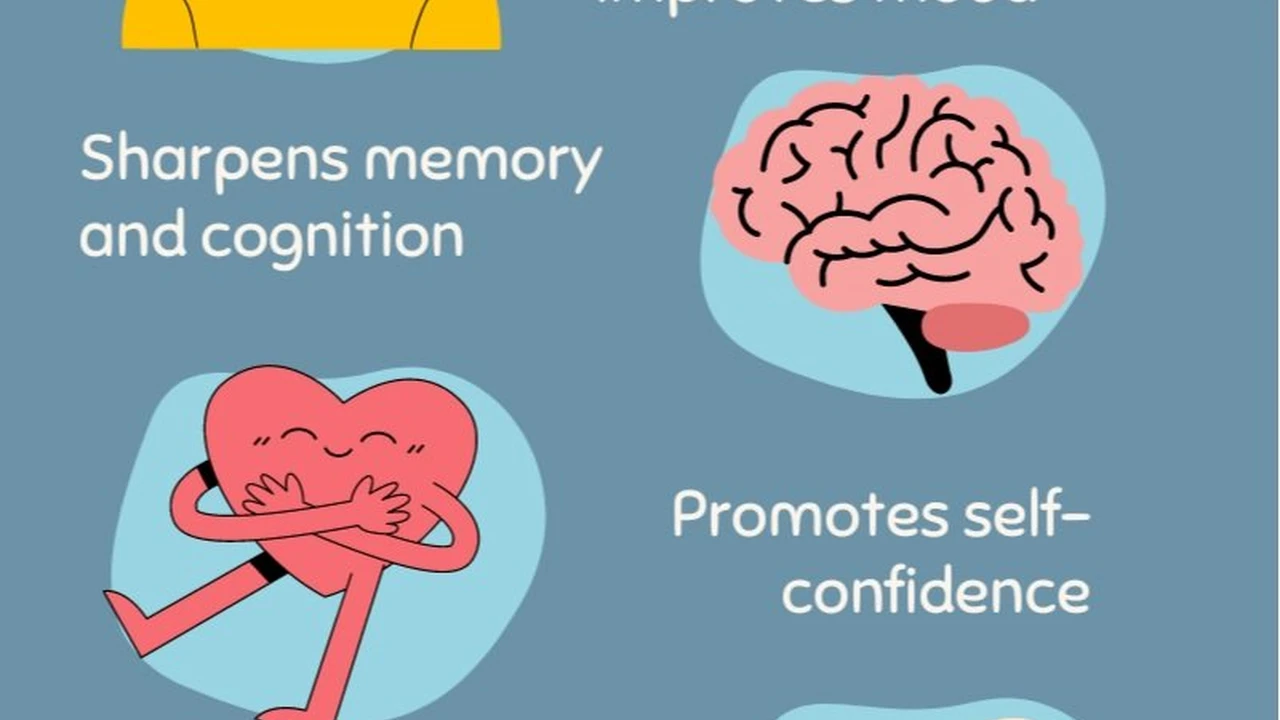The Impact of Processed Foods on Your Health
Looking to build muscle? Discover the top 7 protein powders on the market in 2024. This review compares taste, ingredients, and effectiveness. Find the perfect supplement to fuel your fitness journey.
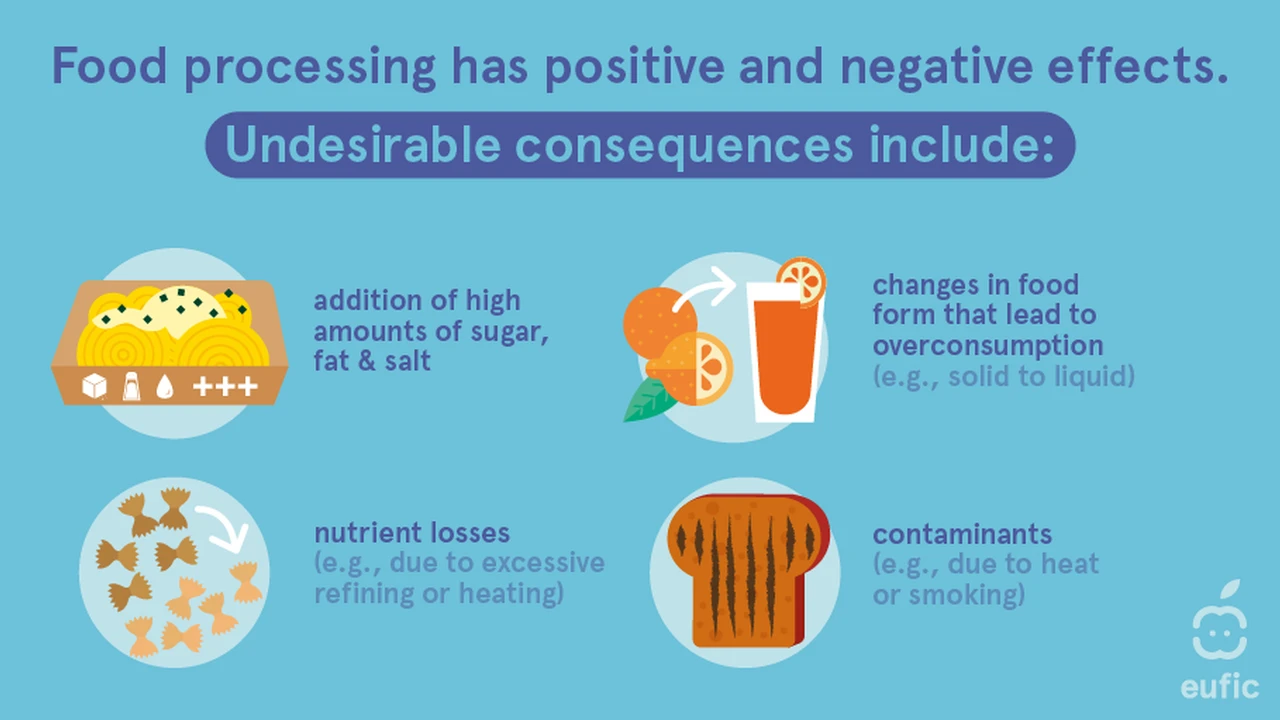
Understanding Processed Foods Definition and Categories
Okay, let's dive into the world of processed foods. What exactly are we talking about? Processed foods aren't just those frozen dinners you see at the grocery store. Processing can be anything from washing and packaging vegetables to adding preservatives and artificial ingredients to create a ready-to-eat meal. Think about it: even canned tomatoes are technically processed! But not all processed foods are created equal. We can broadly categorize them into:
- Minimally Processed Foods: These are foods that have been altered slightly for preservation or convenience. Examples include pre-cut vegetables, bagged salads, and roasted nuts.
- Processed for Preservation: These foods have undergone processing to extend their shelf life. Think canned fruits and vegetables, smoked meats, and pickled items.
- Processed Combinations of Ingredients: These are foods made by combining several ingredients, often with added sugar, salt, and fat. Examples include breakfast cereals, sauces, and deli meats.
- Heavily Processed Foods (Ultra-Processed): These foods are often manufactured with many added ingredients, including sugar, salt, fat, artificial colors, flavors, and preservatives. They are often ready-to-eat or ready-to-heat. Examples include frozen dinners, sugary drinks, and packaged snacks.
The Negative Effects of Processed Foods on Your Health: Processed Foods and Health Risks
Here's the thing: while some processed foods can be a convenient part of a balanced diet, many heavily processed foods can wreak havoc on your health. Why? Because they're often loaded with:
- Added Sugars: Excessive sugar intake is linked to weight gain, type 2 diabetes, heart disease, and inflammation. Many processed foods contain high amounts of added sugars like high fructose corn syrup.
- Unhealthy Fats: Processed foods often contain trans fats and saturated fats, which can raise your cholesterol levels and increase your risk of heart disease.
- Sodium: High sodium intake can lead to high blood pressure, increasing your risk of heart disease and stroke. Processed foods are a major source of sodium in the American diet.
- Artificial Additives: Many processed foods contain artificial colors, flavors, and preservatives, which some people may be sensitive to. While many are considered safe by regulatory agencies, concerns remain about potential long-term health effects.
- Low Nutrient Density: Processed foods are often low in essential nutrients like vitamins, minerals, and fiber. This can lead to nutrient deficiencies and increase your risk of chronic diseases.
Consuming a diet high in processed foods has been linked to:
- Obesity: The high calorie, low nutrient density of processed foods can contribute to weight gain and obesity.
- Type 2 Diabetes: High sugar and refined carbohydrate content can increase your risk of developing type 2 diabetes.
- Heart Disease: Unhealthy fats, sodium, and added sugars can increase your risk of heart disease.
- Certain Cancers: Some studies have linked high consumption of processed meats to an increased risk of certain cancers, such as colorectal cancer.
- Mental Health Issues: Some research suggests a link between processed food consumption and an increased risk of depression and anxiety.
Identifying Hidden Processed Foods: Reading Food Labels
So, how do you avoid these unhealthy processed foods? The first step is to become a label detective! Learn to read food labels carefully and look out for these red flags:
- Long Ingredient Lists: The longer the ingredient list, the more likely the food is heavily processed.
- Unfamiliar Ingredients: If you can't pronounce an ingredient, it's probably an artificial additive.
- High Sugar Content: Check the "Added Sugars" on the Nutrition Facts label. Be wary of foods with high amounts of added sugars.
- High Sodium Content: Check the "Sodium" on the Nutrition Facts label. Aim for foods with lower sodium content.
- Trans Fats: Avoid foods that contain trans fats, even in small amounts.
Making Healthier Choices: Alternatives to Processed Foods
The good news is that you can significantly reduce your intake of processed foods by making a few simple changes to your diet. Here are some tips:
- Cook at Home More Often: This gives you control over the ingredients and allows you to prepare healthier meals.
- Choose Whole, Unprocessed Foods: Focus on fruits, vegetables, whole grains, lean protein, and healthy fats.
- Read Labels Carefully: Be a label detective and avoid foods with long ingredient lists, unfamiliar ingredients, and high amounts of added sugar, sodium, and unhealthy fats.
- Prepare Snacks in Advance: Instead of reaching for a processed snack, prepare healthy snacks like fruits, vegetables, nuts, or yogurt.
- Limit Sugary Drinks: Opt for water, unsweetened tea, or sparkling water instead of sugary sodas and juices.
- Be Mindful of Portion Sizes: Even healthy foods can contribute to weight gain if you eat too much.
Specific Product Recommendations: Healthy Alternatives and Comparisons
Let's get practical! Here are some specific product recommendations to help you make healthier choices:
Healthy Snack Alternatives: Replacing Processed Snacks
- Instead of Potato Chips: Try baked sweet potato chips (homemade or store-bought with minimal ingredients), air-popped popcorn (seasoned yourself), or raw vegetables with hummus.
- Instead of Sugary Candy: Opt for a piece of dark chocolate (70% cacao or higher), a handful of berries, or a small serving of dried fruit (with no added sugar).
- Instead of Processed Granola Bars: Make your own granola bars using oats, nuts, seeds, and a small amount of natural sweetener like honey or maple syrup.
Healthy Meal Alternatives: Swapping Processed Meals
- Instead of Frozen Dinners: Prepare a batch of homemade chili, soup, or stew and freeze it in individual portions.
- Instead of Canned Soup: Make your own soup using fresh vegetables, broth, and herbs.
- Instead of Processed Breakfast Cereal: Choose oatmeal, quinoa flakes, or a whole-grain cereal with no added sugar.
Product Comparison: Yogurt Options
Let's compare some yogurt options to illustrate how to choose a healthier product:
| Yogurt Type | Ingredients | Sugar Content (per serving) | Price (approximate) | Comments |
|---|---|---|---|---|
| Fruit-on-the-Bottom Yogurt (e.g., Dannon) | Cultured milk, sugar, modified cornstarch, fruit puree, artificial flavors, artificial colors | 20-25g | $1.00 | High in added sugar and artificial ingredients. Not a healthy choice. |
| Greek Yogurt (e.g., Fage Total 0%) | Cultured skim milk | 0g | $1.50 | Excellent source of protein and calcium. No added sugar. Versatile for sweet or savory dishes. |
| Icelandic Yogurt (e.g., Siggi's 0%) | Cultured skim milk, cane sugar | 8-10g | $2.00 | Higher in protein than Greek yogurt. Lower in added sugar than fruit-on-the-bottom yogurt. A decent option. |
Takeaway: Greek yogurt is the clear winner in terms of nutrition and value. Choose plain Greek yogurt and add your own fruit and a touch of honey or maple syrup for a healthier and more customizable option.
Practical Tips for Reducing Processed Food Intake: A Step-by-Step Guide
Ready to take action? Here's a step-by-step guide to help you reduce your processed food intake:
- Start Small: Don't try to overhaul your entire diet overnight. Start by making one or two small changes each week.
- Plan Your Meals: Meal planning can help you make healthier choices and avoid impulsive purchases of processed foods.
- Shop Smart: Stick to the perimeter of the grocery store, where you'll find fresh produce, meat, and dairy products. Limit your time in the center aisles, where processed foods are typically located.
- Cook in Bulk: Prepare large batches of healthy meals and freeze them in individual portions for quick and easy meals during the week.
- Get Support: Enlist the help of friends, family, or a registered dietitian to stay motivated and on track.
The Long-Term Benefits of Minimizing Processed Foods: A Healthier Lifestyle
Reducing your intake of processed foods can have a profound impact on your health and well-being. You may experience:
- Weight Loss: By reducing your intake of high-calorie, low-nutrient foods, you may find it easier to lose weight and maintain a healthy weight.
- Increased Energy Levels: Whole, unprocessed foods provide sustained energy levels, unlike the energy crashes often associated with processed foods.
- Improved Mood: A healthy diet can improve your mood and reduce your risk of depression and anxiety.
- Reduced Risk of Chronic Diseases: By reducing your intake of unhealthy fats, added sugars, and sodium, you can lower your risk of heart disease, type 2 diabetes, and certain cancers.
- Better Digestion: Whole, unprocessed foods are rich in fiber, which promotes healthy digestion and prevents constipation.
So, ditch the processed junk and embrace a whole-food lifestyle! Your body (and your taste buds) will thank you for it.
:max_bytes(150000):strip_icc()/277019-baked-pork-chops-with-cream-of-mushroom-soup-DDMFS-beauty-4x3-BG-7505-5762b731cf30447d9cbbbbbf387beafa.jpg)



